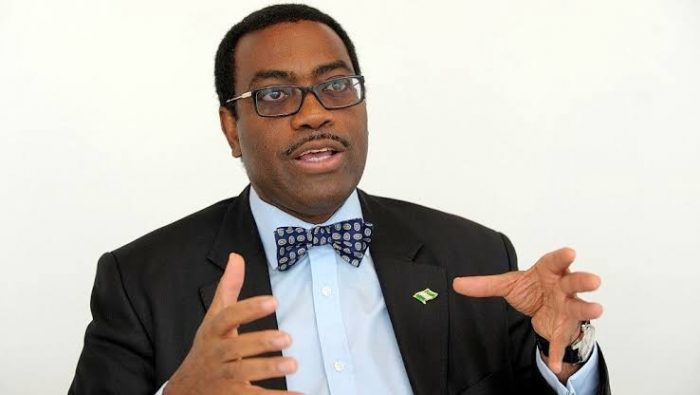AfCTA: Africa Will be The Largest Free Trade Area Globally With $3trn GDP
The Africa Export-Import Bank (Afreximbank) has said that with a Gross Domestic Product (GDP) of US$ 3 trillion, Africa will be the biggest free trade area in the world. This was made known by the President of Afreximbank Prof. Benedict Oramah at the opening of the Agriculture Summit Africa 2021, hosted by Sterling Bank Plc in Lagos recently. The two-day summit titled: “Building the New Agro Order” had participants drawn from different sectors of the economy.
Oramah was represented by Mr Ibrahim Sagna, Global Head/Director of the Advisory and Capital Market of the Bank who delivered the keynote address on “The Green Mile – AfCFTA, Trade and Africa’s Agribusiness Economy – Discussing the policy framework and funding opportunities for Financial Institutions.”

He said that the free trade area could be achieved through proper and successful implementation of the Africa Continental Free Trade Agreement (AfCFTA) that would create a single market for over one billion consumers on the continent.
Read also:AfCFTA Launches ‘Umoja Africa Campaign’ to Explore Creativity of Africa Youths
AfCFTA, according to him, was a treaty that would transform Africa from its fractured commodity dependent growth of economies into a vibrant integrated market of over 1.2 billion people.
He noted that establishing the AfCFTA and its counterparts, with the commencement of trade will drive and deliver sustainable solutions to the needs of African countries. He also said that the agreement presented a major opportunity for African countries to bring 30 million people out of extreme poverty and raise 68 million others who live on less than five to US$ 50 per day.
He added that having a strategy of interventions to regulate the external manipulation of currency was critical as it was evident that technology would be a highly significant factor in the success or failure of African exports.
“Governments and financial institutions should more aggressively pursue the approach of strengthening the International Monetary System (IMS) multi-lateral surveillance role to directly combat this issue.
“The AfCFTA depends on approvals and implementation and especially raising the agriculture sector.
Read also:AfCFTA Fully Supports Bid of Made in Africa to Buy Vlisco
“It is in agriculture that the continental free trade aspirations can be actualised especially by strengthening the regional value streams integrated into priority products led by diverse private sectors inspired by small business owners, commercial finance, miners and operators.
“If successfully implemented, the continental free trade will create a single African market for over a billion consumers with a total GDP of three trillion dollars which will make Africa the largest free trade area in the world”, he said.
Oramah also said that the tariff on African goods was relatively lower entering the European Union and the U.S. markets, making exports to these destinations more lucrative than exporting to other African countries.
He added that COVID-19 had a disastrous result all around the globe and for Africa as it revealed inefficiencies across various industries like health, logistics and food with issues mainly around vaccines affordability and availability.
Read also:Nigeria Says e-Naira Digital Currency Will Strengthen Banking System
According to him, this encouraged the need for laying the foundation for a structured way for African countries to manage their own circumstances in the future by supporting intra-African trade to boost regional development. He said the AfCFTA committed countries to remove tariffs on 90 per cent of goods, progressively raising trade, services and addressing a host of non-tariff barriers.
Kelechi Deca

Kelechi Deca has over two decades of media experience, he has traveled to over 77 countries reporting on multilateral development institutions, international business, trade, travels, culture, and diplomacy. He is also a petrol head with in-depth knowledge of automobiles and the auto industry









